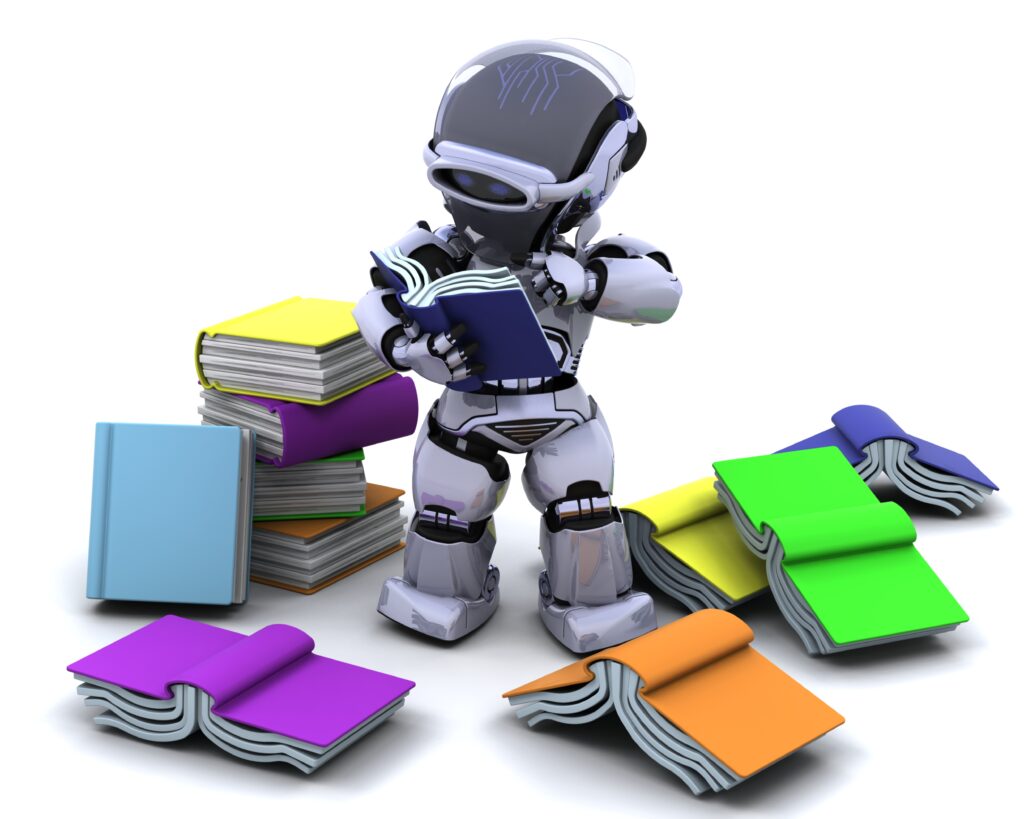AI in Education: Transforming Learning for the Future

Artificial Intelligence (AI) is rapidly transforming various sectors, and education is no exception. The integration of AI into educational settings is ushering in a new era, often referred to as Education 4.0, characterized by personalized learning, enhanced teaching methodologies, and improved administrative efficiency.
Personalized Learning Experiences
One of the most significant impacts of AI in education is its ability to tailor learning experiences to individual student needs. AI-driven systems can analyze a student’s strengths, weaknesses, and learning styles, enabling the creation of customized educational content. This personalization enhances student engagement and improves learning outcomes. As noted by Forbes, AI is revolutionizing education by tailoring learning experiences to individual students’ needs, increasing engagement and improving overall learning outcomes.
Augmenting Teaching Practices
AI is also transforming the role of educators by automating routine tasks such as grading and administrative duties, allowing teachers to focus more on interactive and meaningful student interactions. According to the World Economic Forum, 60% of teachers are already utilizing AI in their classrooms to handle tasks like grading multiple-choice assessments and tracking student progress, thereby enhancing the teaching and learning experience.
Developing Essential Skills for the Future
Integrating AI into education goes beyond academic learning; it equips students with critical skills necessary for the future workforce. AI can help develop digital literacy, critical thinking, problem-solving abilities, and creativity. The World Economic Forum highlights that AI can improve how students are assessed and guided while also helping to build these essential skill sets, which are among the most sought-after according to their Future of Jobs report.
Global Initiatives and Collaborations
Countries worldwide are recognizing the importance of integrating AI into their educational systems. For instance, Estonia has launched a national initiative, AI Leap, in collaboration with U.S. tech companies like OpenAI and Anthropic, to teach AI skills to high school students. This program aims to prepare students for future jobs and promote critical thinking and AI awareness.
Challenges and Considerations
While the benefits of AI in education are substantial, challenges such as data privacy, ethical considerations, and the digital divide must be addressed. Ensuring equitable access to AI tools and resources is crucial to prevent widening educational disparities. The World Economic Forum emphasizes that AI applications in education must be designed collaboratively and with equity in focus, addressing disparities across various demographics and ensuring accessibility for all students.
In conclusion, AI is revolutionizing education by personalizing learning experiences, augmenting teaching practices, and preparing students with essential future skills. As we embrace these technological advancements, it is imperative to address the accompanying challenges to ensure that AI serves as a tool for enhancing educational equity and quality worldwide.
